Browse
Incorporating Technologies
Posted on: #iteachmsu

Is the United Nations still relevant
Posted by:
Scarlet Ethan Edien

Posted on 1: #iteachmsu

Is the United Nations still relevant
Posted by:
Scarlet Ethan Edien

Posted on: #iteachmsu
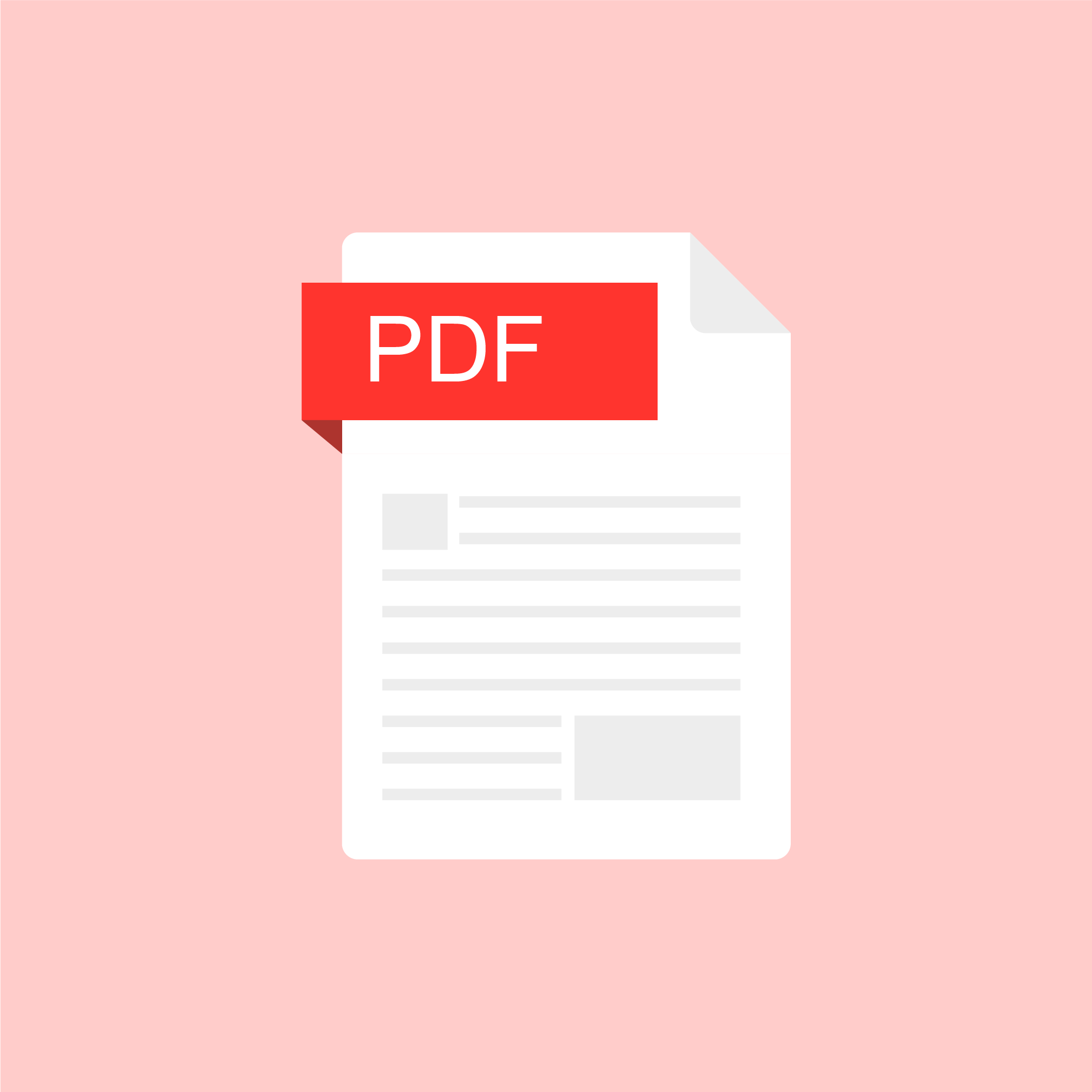
Electronic Measuring Instruments
The instruments used to measure any quantity are known as measuring instruments. If the instruments can measure the basic electrical quantities, such as voltage and current are known as basic measuring instruments.
Types of Basic Measuring Instruments
We can classify the basic measuring instruments into the following two types.
Voltmeters
Ammeters
Let us discuss about these two basic measuring instruments briefly.
Voltmeters
As the name suggests, voltmeter is a measuring instrument which measures the voltage across any two points of an electric circuit. The units of voltage are volt and the measuring instrument is meter. Hence, the word “voltmeter” is obtained by combining the two words “volt” and “meter”.
We can classify the voltmeters into the following two types based on the type of voltage that it can measure.
DC Voltmeters
AC Voltmeters
DC Voltmeter
As the name suggests, DC voltmeter measures the DC voltage across any two points of an electric circuit. A practical DC voltmeter is shown in below figure.
Types of Basic Measuring Instruments
We can classify the basic measuring instruments into the following two types.
Voltmeters
Ammeters
Let us discuss about these two basic measuring instruments briefly.
Voltmeters
As the name suggests, voltmeter is a measuring instrument which measures the voltage across any two points of an electric circuit. The units of voltage are volt and the measuring instrument is meter. Hence, the word “voltmeter” is obtained by combining the two words “volt” and “meter”.
We can classify the voltmeters into the following two types based on the type of voltage that it can measure.
DC Voltmeters
AC Voltmeters
DC Voltmeter
As the name suggests, DC voltmeter measures the DC voltage across any two points of an electric circuit. A practical DC voltmeter is shown in below figure.
Authored by:
Kanish

Posted on: #iteachmsu


Electronic Measuring Instruments
The instruments used to measure any quantity are known as meas...
Authored by:
Monday, Nov 16, 2020
Posted on: #iteachmsu
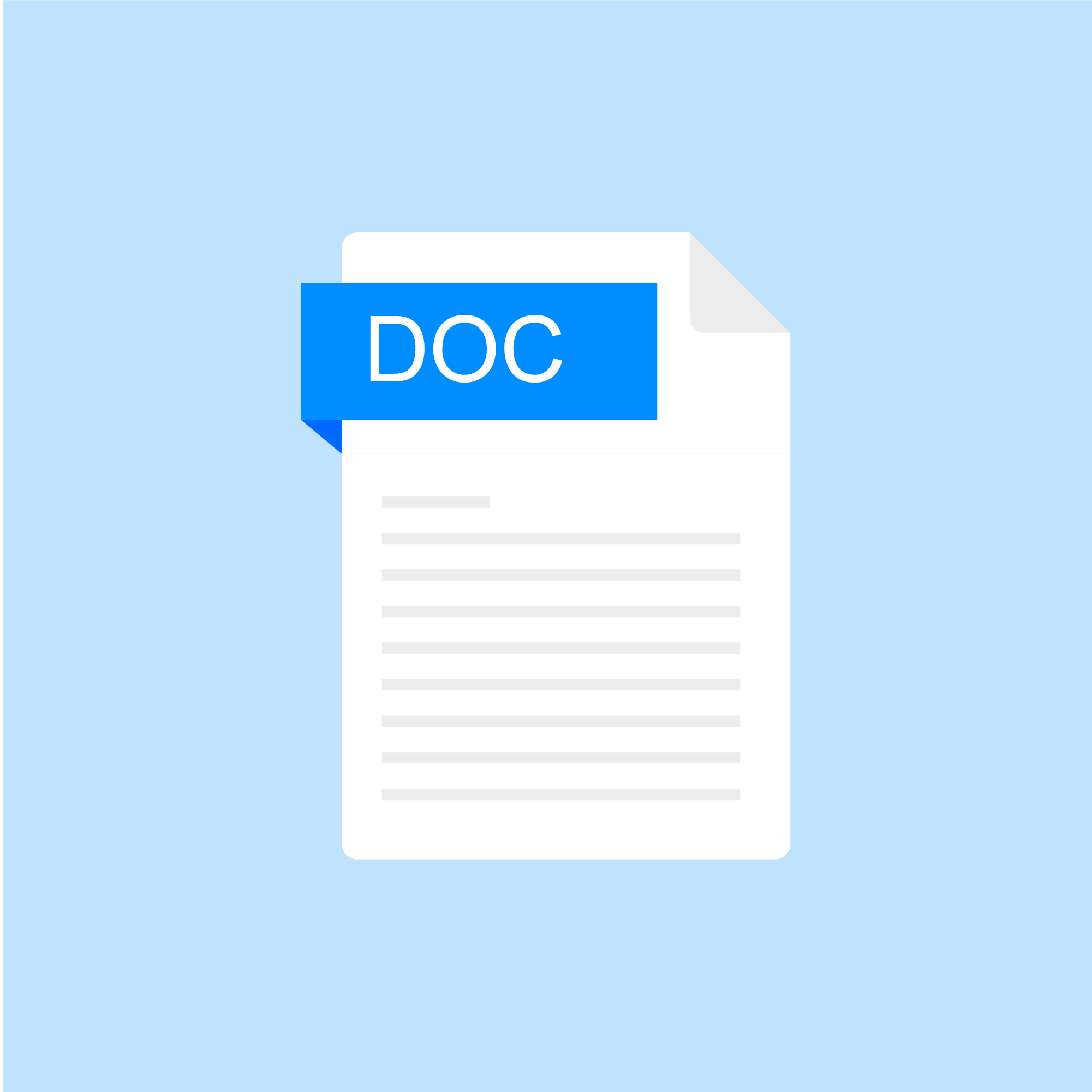
Different Types of Mechanical Measuring Tools and Gauges Used on Ships
Machinery onboard ships require regular care and maintenance so that their working life and efficiency can be increased, and the cost of operation, which includes unnecessary breakdowns and spares, can be reduced. For different types of machinery and systems, various measuring tools, instruments and gauges are used on a ship.
Measuring instruments and gauges are used to measure various parameters such as clearance, diameter, depth, ovality, trueness, etc. These are critical engineering parameters, which describe the condition of the working machinery.
Measuring instruments and gauges are used to measure various parameters such as clearance, diameter, depth, ovality, trueness, etc. These are critical engineering parameters, which describe the condition of the working machinery.
Authored by:
anish

Posted on: #iteachmsu
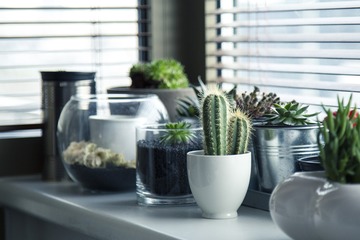
Ecology: Ecosystem Dynamics and Conservation
LIFE SCIENCE
Ecology: Ecosystem Dynamics and Conservation
Ecosystems and Conservation Biology
Eric Baccega/AGE Fotostock
How do scientists study ecosystems and grapple with real-world conservation questions?
Learn about ecology and ecosystem dynamics using a systems thinking lens. Authored by world-class experts at the cutting edge of conservation biology, this six-week online course examines how scientists study various ecosystems around the world—from Mozambique's Gorongosa National Park, to the Hudson River in New York, to Caribbean coral reefs. Learners will investigate the complex array of factors that inform management efforts, and grapple with real-world conservation questions, such as whether an ecosystem can recover from disruption and what role humans can, and should, play in that recovery.
Ecology: Ecosystem Dynamics and Conservation
Ecosystems and Conservation Biology
Eric Baccega/AGE Fotostock
How do scientists study ecosystems and grapple with real-world conservation questions?
Learn about ecology and ecosystem dynamics using a systems thinking lens. Authored by world-class experts at the cutting edge of conservation biology, this six-week online course examines how scientists study various ecosystems around the world—from Mozambique's Gorongosa National Park, to the Hudson River in New York, to Caribbean coral reefs. Learners will investigate the complex array of factors that inform management efforts, and grapple with real-world conservation questions, such as whether an ecosystem can recover from disruption and what role humans can, and should, play in that recovery.
Posted by:
Scarlet Ethan Edien

Posted on: #iteachmsu
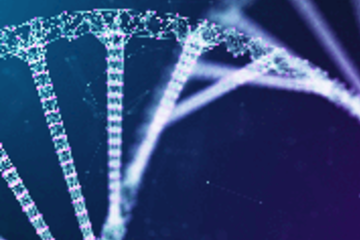
Science and technology
Posted by:
Rohit 936 shinde

Posted on 1: #iteachmsu

Science and technology
Posted by:
Rohit 936 shinde

Posted on: #iteachmsu
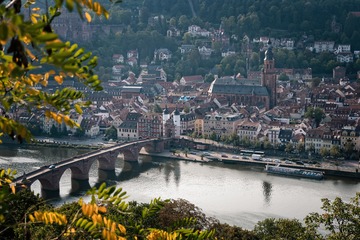
Organic food vs. locally-grown food
Posted by:
Scarlet Ethan Edien

Posted on 1: #iteachmsu

Organic food vs. locally-grown food
Posted by:
Scarlet Ethan Edien

Posted on: #iteachmsu
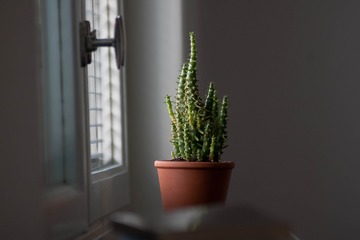
The benefits of organic food
How your food is grown or raised can have a major impact on your mental and emotional health as well as the environment.
Organic foods often have more beneficial nutrients, such as antioxidants, than their conventionally-grown counterparts and people with allergies to foods, chemicals, or preservatives often find their symptoms lessen or go away when they eat only organic foods.
Organic produce contains fewer pesticides. Chemicals such as fungicides, herbicides, and insecticides are widely used in conventional agriculture and residues remain on (and in) the food we eat.
Organic food is often fresher because it doesn’t contain preservatives that make it last longer. Organic produce is often (but not always, so watch where it is from) produced on smaller farms near where it is sold.
Organic farming is better for the environment. Organic farming practices reduce pollution, conserve water, reduce soil erosion, increase soil fertility, and use less energy. Farming without pesticides is also better for nearby birds and animals as well as people who live close to farms.
Organic foods often have more beneficial nutrients, such as antioxidants, than their conventionally-grown counterparts and people with allergies to foods, chemicals, or preservatives often find their symptoms lessen or go away when they eat only organic foods.
Organic produce contains fewer pesticides. Chemicals such as fungicides, herbicides, and insecticides are widely used in conventional agriculture and residues remain on (and in) the food we eat.
Organic food is often fresher because it doesn’t contain preservatives that make it last longer. Organic produce is often (but not always, so watch where it is from) produced on smaller farms near where it is sold.
Organic farming is better for the environment. Organic farming practices reduce pollution, conserve water, reduce soil erosion, increase soil fertility, and use less energy. Farming without pesticides is also better for nearby birds and animals as well as people who live close to farms.
Authored by:
Help Guide

Posted on: #iteachmsu


The benefits of organic food
How your food is grown or raised can have a major impact on your me...
Authored by:
Thursday, Sep 24, 2020
Posted on: #iteachmsu

Data Matrix Selection
The universe (Latin: universus) is all of space and time and their contents, including planets, ... The word universe derives from the Old French word univers, which in turn ... Ethnologists and anthropologists who study myths have developed various classification schemes for the various themes that appear in creation stories.
Authored by:
Benote Carmon Lucas

Posted on: #iteachmsu


Data Matrix Selection
The universe (Latin: universus) is all of space and time and their ...
Authored by:
Monday, Sep 14, 2020
